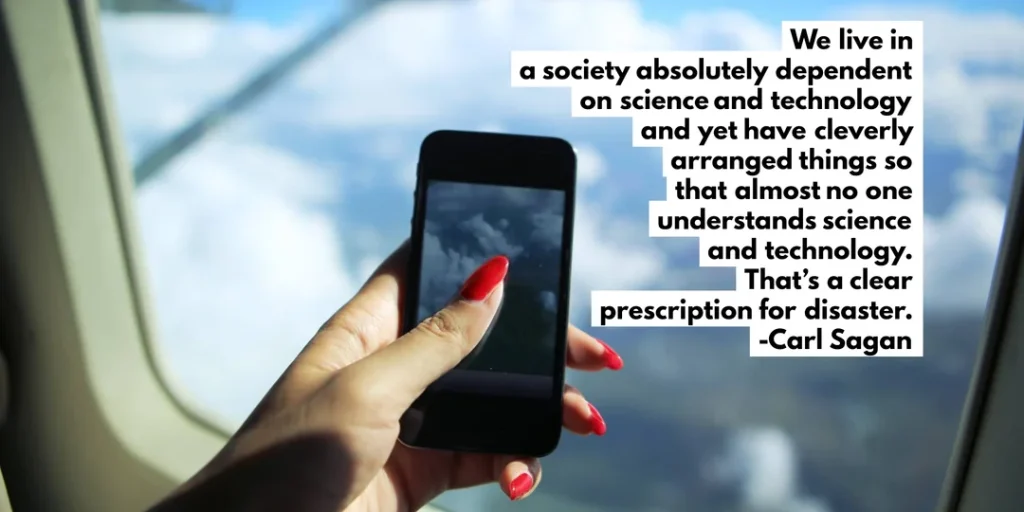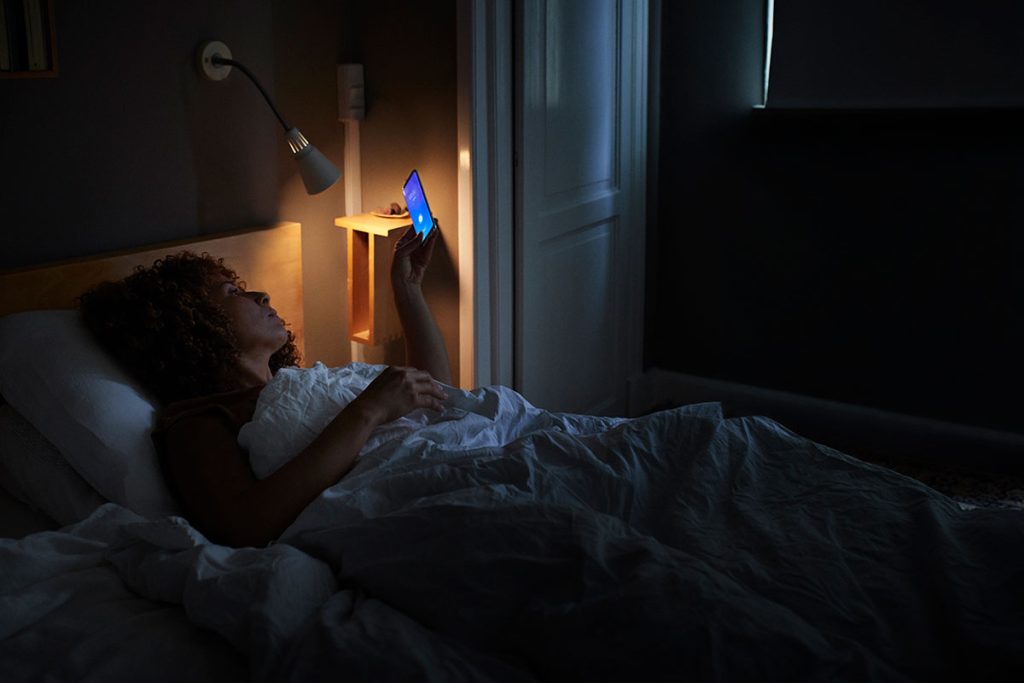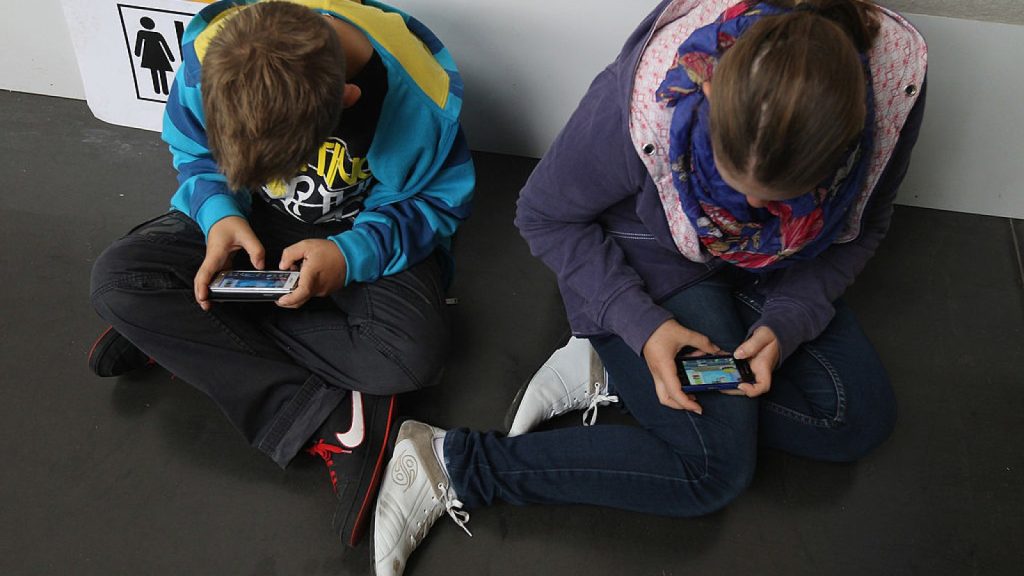In the 21st century, the question of whether people depend on mobile phones or vice versa has a clear answer: contemporary humans are far more reliant on mobile phones than these devices are on us. Mobile phones have evolved from simple communication tools into indispensable companions that shape how we interact, work, learn, and even perceive the world—making them a cornerstone of modern society.

Firstly, mobile phones have revolutionized interpersonal communication. Gone are the days when people relied solely on landlines or face-to-face meetings to stay connected. Today, a single phone allows instant contact across continents through video calls, messaging apps like WeChat or WhatsApp, and social media platforms. Migrant workers can see their children’s smiles every night via video chat; students studying abroad can share life updates with family in real time; and friends separated by distance can coordinate gatherings effortlessly. This seamless connectivity has narrowed geographical gaps, fostering stronger relationships and reducing feelings of isolation—a role no other device can replace.

Secondly, mobile phones have become essential for work and education. In the workplace, employees use phones to access work emails, participate in virtual meetings (via apps like Zoom), and even complete tasks on the go. During the COVID-19 pandemic, this functionality proved lifesaver: businesses stayed operational, and employees maintained productivity despite lockdowns. For education, students use phones to access online courses, research materials, and educational apps (such as Duolingo for language learning or Khan Academy for extra lessons). This accessibility has democratized education, allowing people in remote areas to access quality learning resources that were once unavailable.
Thirdly, mobile phones integrate all aspects of daily life into one compact device. From paying bills and ordering groceries via mobile payment apps (like Alipay or Apple Pay) to navigating unfamiliar cities with GPS, booking flights or hotels, and even monitoring health through fitness apps, mobile phones simplify tedious tasks and save valuable time. Imagine a day without a phone: you might struggle to pay for a coffee without cash, get lost without a map, or miss important appointments because you can’t check your calendar. These small but critical conveniences make mobile phones irreplaceable in modern life.

Critics may argue that “phone addiction” is a problem, but this does not negate the device’s importance. Addiction stems from improper usage, not the phone itself. The core truth is that mobile phones meet fundamental human needs—connection, efficiency, and accessibility—in ways that no previous technology has. They are not just tools; they are extensions of our daily lives, enabling us to adapt to the fast-paced rhythm of modern society.
In conclusion, mobile phones are no longer luxuries but necessities. Their ability to enhance communication, support work and education, and streamline daily life makes them indispensable to contemporary humans. It is clear that we cannot live without mobile phones—not the other way around. As society continues to advance, this reliance will only grow, solidifying mobile phones’ role as a pillar of modern life.
